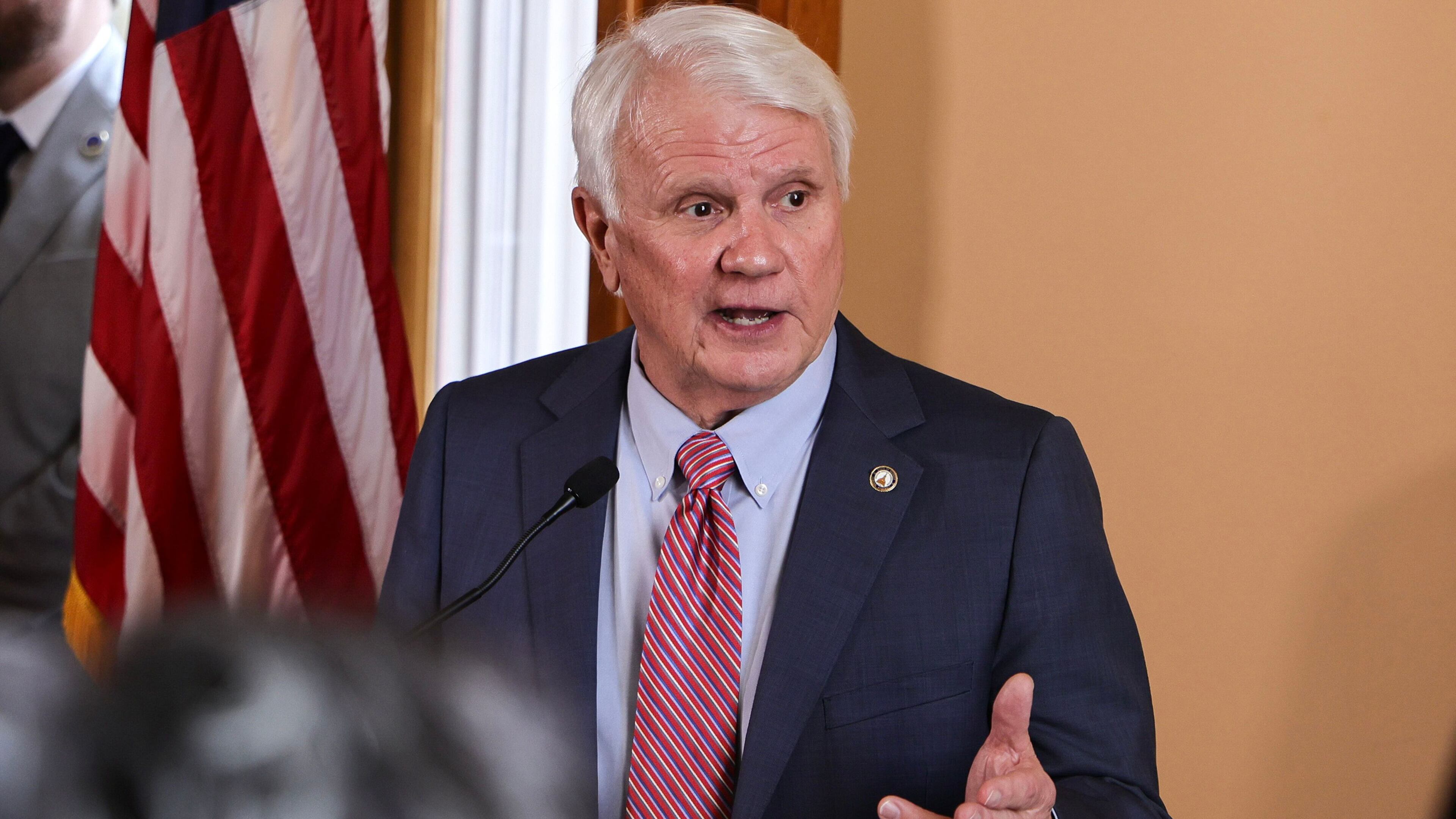Georgia Speaker Burns hopes to see action to protect Okefenokee in 2025 session

Less than a week after the Georgia Senate stalled legislation to pause permitting on new mines like one planned for the east side of the Okefenokee, House Speaker Jon Burns said the fight to protect the swamp is far from over.
“There is no more important issue to any of us in Georgia and certainly to me,” Burns said during an appearance Tuesday on the “Politically Georgia” podcast. “The Okefenokee Swamp is a critical national treasure not only to Georgia, but to the country. We are very conscious of the environmental consequences of anything that man could do to impact the swamp.”
A bill that would have paused permitting of new mines like the one Alabama-based Twin Pines Minerals wants to develop on the swamp’s doorstep cleared the Georgia House last week. But the measure — Senate Bill 132 — was not brought to the Senate floor for a vote on Thursday, the session’s final day.
Some lawmakers and conservationists had portrayed SB 132 as the last, best hope to buy time for long-term solutions to protect the Okefenokee, the largest blackwater swamp in North America. But most major environmental groups were opposed to the legislation, calling it a watered-down half measure that would have left the swamp in peril.
The legislation would not have prevented the Georgia Environmental Protection Division from issuing permits to Twin Pines Minerals for the 582-acre mine the company wants to develop on Trail Ridge, the line of ancient dunes on the east side of the swamp. The titanium-rich minerals Twin Pines is after are most commonly used to make whitening compounds for paint and toothpaste.
But SB 132 could have temporarily impeded Twin Pines’ expansion plans. The legislation would have prevented the EPD from considering new permits for “dragline” mining until mid-2027. Dragline mining is the same technique Twin Pines plans to use.
Burns said the General Assembly “ran out of time” before the end of the session to pass the bill, but senators raised concerns about interfering with private property rights and said the EPD, and not lawmakers, should make decisions about things such as the Twin Pines mine.
The House and Senate passed dozens of bills on the final day of the session, but lawmakers frequently blame a lack of time for not passing legislation during the 40-day session.
“I am not going to be critical of anyone in the process because I do believe the proper attention has been focused on the Okefenokee, keeping it safe,” Burns said. “As we discuss it over the summer, and then certainly when we come back in 2025, there will be some proper actions taken.
“I am also hopeful, and I would say prayerful as well, that there may be some protections that come from the private side that certainly protect private property rights and are also environmentally sound that may help us work toward a unique solution to this issue.”




